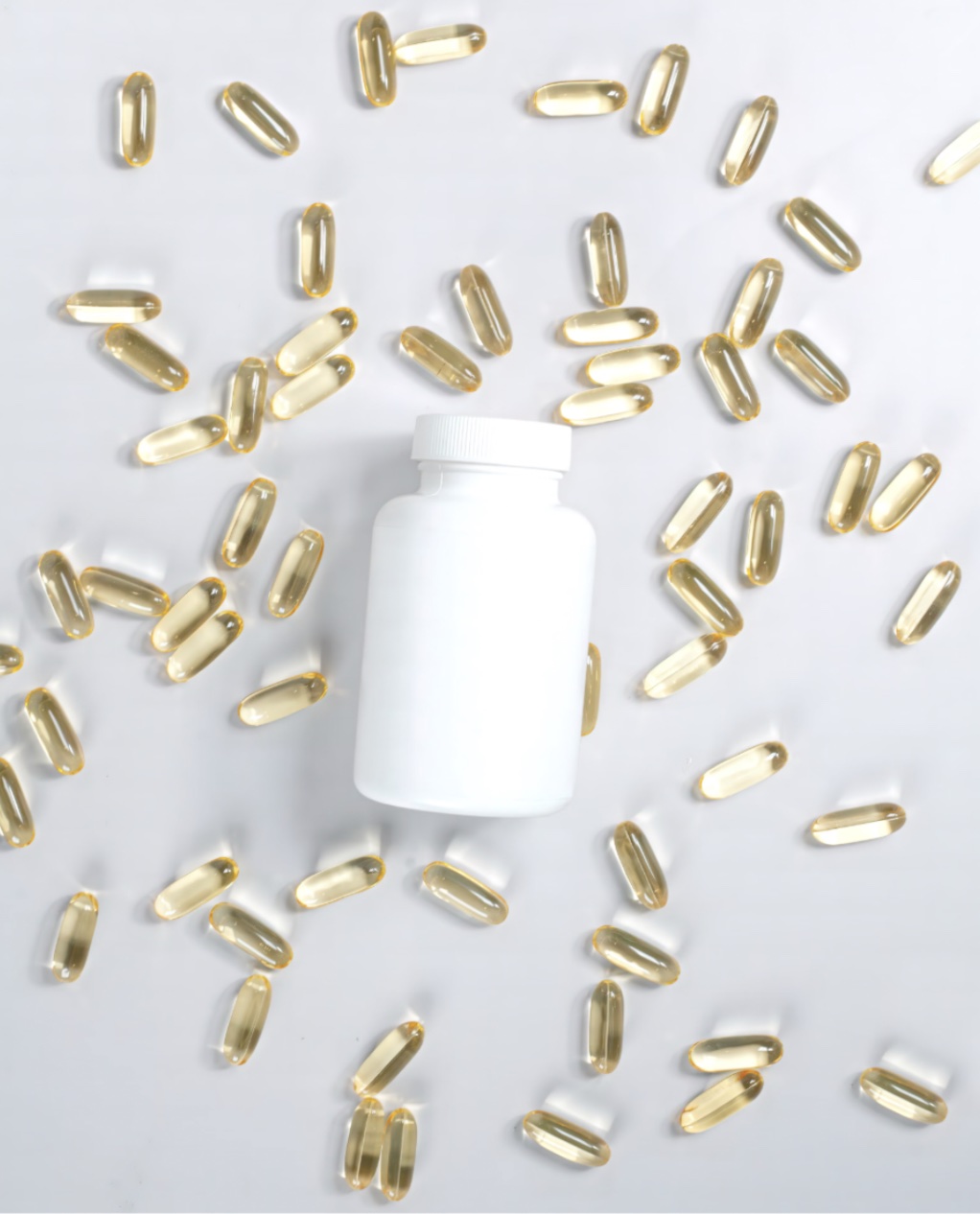“So, as we liberate our nation, we will lead it to new heights of victory and success…Together, we will end the chronic disease epidemic and keep our children safe, healthy, and disease-free.” – President Donald J. Trump in his Inaugural Address.
In the past year, America has seen the ascent of an unexpected coalition of wellness influencers, conservative moms, holistic doctors and vaccine skeptics aiming to “Make America Healthy Again” (MAHA). With President Trump’s appointment of RFK Jr., the movement’s figurehead, to Secretary of Health and Human Services, MAHA has become an influential force within the administration, raising questions about whether it will truly improve the lives of Americans.
Environmental lawyer and politician RFK Jr., who coined “Make America Healthy Again,” a spin on Trump’s “Make America Great Again,” touted anti-vaccine and health conspiracies, including claims that COVID-19 was engineered to spare Jewish people.
President Trump created a MAHA Commission chaired by RFK Jr. with the primary intent of reducing childhood chronic disease. As reported by the order in which this commission was created, 60% of Americans have a chronic illness, 20% of adults live with mental illness and 30% of children are pre-diabetic.
Mom and MAHA advocate Nicole Stanton described a partnership between the “Big Food” and “Big Pharma” industries exploiting Americans. “It’s cyclical–our society’s consumption of overly processed food perpetuates chronic disease, which then perpetuates the constant ‘need’ for medicine,” she said. “If we focused on cleaning up our food and eating healthier, I have no doubt it would drastically improve our health crisis. But that’s not profitable.”
Holistic doctor and wellness influencer Casey Means, who was nominated by President Trump to serve as Surgeon General, points to metabolic dysfunction at the root of disease. Vani Hari, a blogger known as the Food Babe, also claims labeling intentionally hides the cheap additives “pumped” into American food.
MAHA moms like Food Babe denounce seed oils and food dyes, instead championing vitamin supplements, beef tallow and sometimes, hallucinogenic mushrooms. With mistrust in mainstream medicine and all things artificial that can lean towards conspiracy, they promote holistic health, motherly intuition and transparency from food and pharmaceutical corporations.
For Stanton, understanding the idea that food can serve as medicine and being conscious about what goes into your food can make drastic improvements. “It’s about…subtle choices…if it comes from nature, it’s probably ok,” she said. “Gut health is skin health, mental health, immune health.”
Many of the issues MAHA proponents identify are scientifically true–for example, increasing cancer rates. However, some points veer into misinformation.
Many MAHA influencers advocate for the deregulation of raw milk. However, Registered Dietician Stacey Dunn-Emke explained that there are practical safety reasons to avoid raw milk. “Regulating raw milk…is to make sure that E. coli is not just sitting happily on the shelf at Whole Foods,” she said. In 1938, before the development of today’s regulations, milk was responsible for 25% of all foodborne disease.
RFK Jr.’s FDA is suspending a quality control program inspecting dairy products. “There’s a lot of distraction because [RFK Jr.] is not knowledgeable,” Dunn-Emke said. He claimed autistic people cannot lead fulfilling lives or contribute to society, and proposed an “autism registry,” raising concerns about the privacy of Americans with disabilities.
RFK Jr. also hired discredited vaccine researcher David Geier to examine the frequently debunked correlation between vaccines and autism. In 2011, Maryland found Geier was practicing medicine unlicensed, prescribing autistic children puberty blockers. “I am very concerned about the breakdown of the public trust in medicine and public health…stemming from all the misinformation coming from our federal leaders,” said Dr. Liz Rogers, a neonatologist and Director of the ROOTS Small Baby Programs at the Intensive Care Nursery at UCSF Mission Bay.
Under President Trump and RFK Jr., key parts of the HHS are undergoing reorganization, leaving their futures uncertain. Dunn-Emke pointed to the roughly 25% cut in HHS staffing. “They’re saying they’re being more efficient…they’re decreasing resources and availability,” she said.
Parts of the HHS being reorganized include: the Substance Abuse and Mental Health Services Agency; the Health Resources and Service Administration, which ensures care for vulnerable populations; and the Administration for Strategic Preparedness and Response, which addresses public health emergencies.
MAHA has drawn criticism for overlooking communities that can be more vulnerable to health concerns. Often, “purer” foods promoted by MAHA influencers are more expensive, meaning for low-income people, it is a greater burden to live by MAHA standards. Organic foods cost on average 47% more than their non-organic counterparts.
“That ‘purity’ or ‘wholesomeness,’ it’s really classist,” Lick-Wilmerding High School English teacher Dr. Kimberly Bowers said. “It’s a fiction…most people can’t afford this sort of luxury.” Food Babe, for example, sells plant-based protein powder for $50 per 20-serving bag.

photo courtesy of public domain
Stanton criticized allowing Supplemental Nutrition Assistance Program (SNAP) benefits to go towards ultra-processed foods, which scientific evidence connects to worse health outcomes. As a solution, Alex Goldman, the Data and Technology Manager at the UCSF Seligman Research Team, supports produce prescriptions for fruits and vegetables for low-income people. However, such programs in some states are funded by Medicaid, to which President Trump has proposed substantial cuts.
Trump also slashed financing of the United States Department of Agriculture (USDA), which supports SNAP and the Women, Infants and Children Supplemental Nutrition Program (WIC). “Anything cutting funding to SNAP and WIC will impact folk’s health, not just their food security,” Goldman said.
While Dr. Bowers appreciates that MAHA empowers mothers and attempts to reform a medical system that long ignored women, she denounced their limited representation of womanhood. “They’re relying on traditional notions of gender which essentialize women and are really problematic,” she said.
Though MAHA seeks attention for women’s experience in healthcare, President Trump recently shut down a decades-long women’s health project, which led to critical discoveries about menopause, and was positioned to provide insight into Alzheimer’s and dementia.
Though our healthcare and food systems feel faulty to many, for some, MAHA appears unproductive. Peter Gray self-identifies as holding “a pretty deep distrust” in our healthcare system, preferring to explore “naturopathic” remedies before seeing a doctor.
However, he described feeling fundamentally at odds with MAHA’s conservative alignment. “I feel I would rather never eat organic food again and in exchange, never have President Trump,” he said. To Gray, supporting candidates like Trump who value deregulating corporations seems oppositional to fixing healthcare and food systems.
The culprit in Gray’s eyes? “If profit was taken away from the medical industry, I think it would really help,” he said. “And by the way…I think doctors are amazing and save people’s lives and…deserve to make good money.”
For Rogers, making research more accessible is important. “There are so many kernels of truth and real experience in [MAHA],” she said. “We have to balance your beliefs with evidence…As a health system, we have to evolve to address misinformation more effectively in partnership.”
To Dr. Bowers, the polarization of discussions about health is counterproductive to necessary reforms. “There is a conversation to be had…It is right to question the medical industry,” she said. “But this, ‘you’re for us or against us’ is really unhelpful.”
Rogers spoke of empowering Americans to question our medical system with accurate information. “You should have the skills to critically evaluate…when a study has been well done,” she said.
Ultimately, Stanton expressed gratitude that people are working, in different ways, to improve American health. “It’s a big burden to bear, but it is also a great privilege to be able to plant those seeds now, that hopefully lead to healthier generations to come.”








+ There are no comments
Add yours